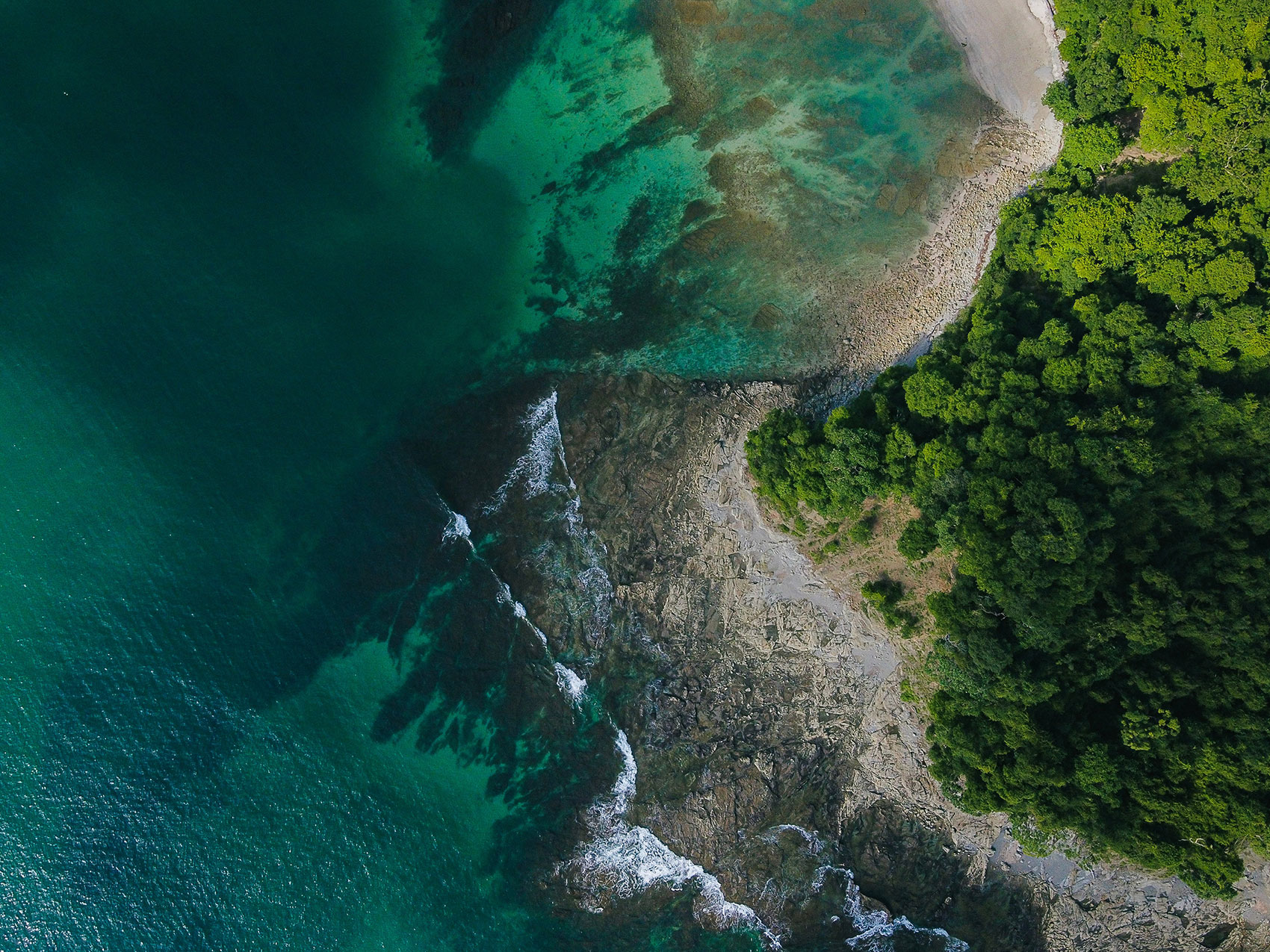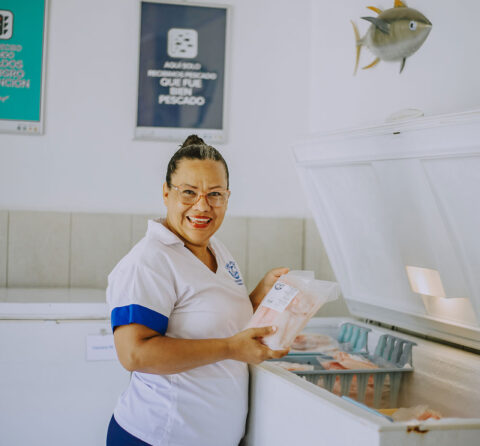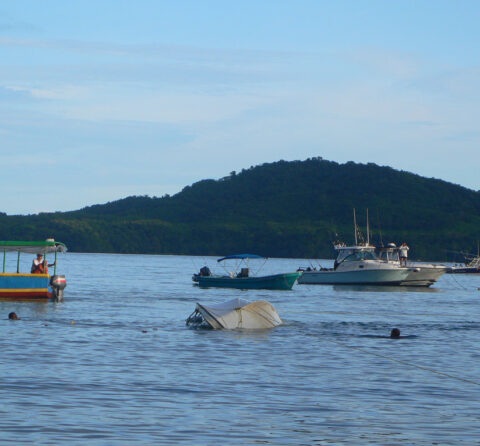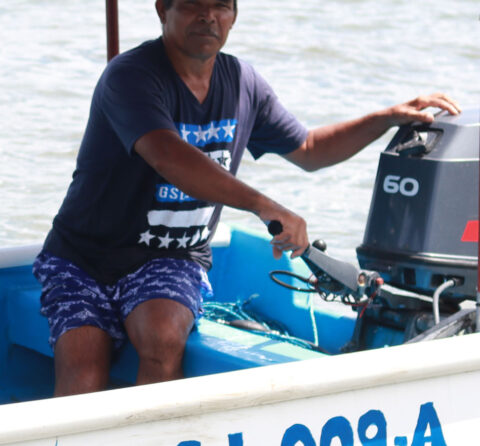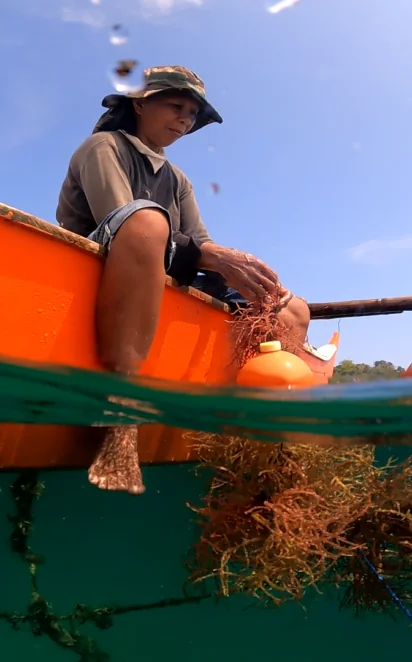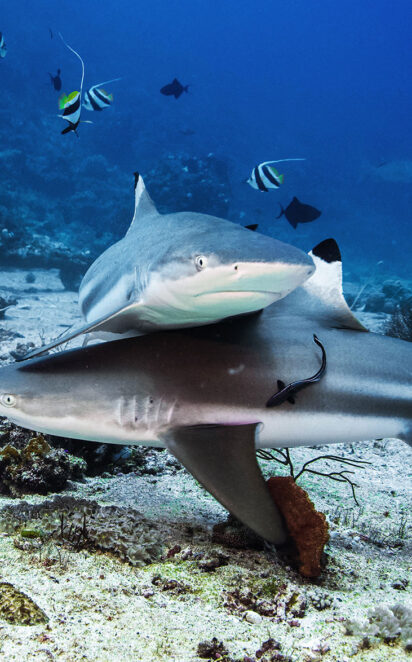Breaking the insurance barrier for vulnerable coastal populations in Central America
Project Lead: Fundación MarViva
Supporting Partners: The Regional artisanal fishing federation in Gulf of Montijo, Panama (FEPACOIBA) and the Red del Golfo, regional community-based organization in Gulf of Nicoya, Costa Rica (La Red).
Financial Support: The UK’s Blue Planet Fund
Location: Costa Rica & Panama
Project Timeline: Ongoing (2024-2025)
Summary
Fundación MarViva is working with coastal community stakeholders to strengthen the financial resilience of small-scale fishers and incentivise sustainable fishing by improving access to microinsurance products.
Artisanal fishers are often burdened by unfair lender schemes and exclusion to savings, credit, or insurance in case of unforeseen life or natural disasters1. As a result, they are persistently exposed to the potential loss of their revenue capacity, and of their overall wellbeing. Through the use of microinsurance, MarViva aims to halt the vicious cycle of poverty and natural resource degradation experienced in vulnerable coastal areas.
Developing customised microinsurance safeguards the livelihoods of fishers but also fosters corporate responsibility, equality, and financial inclusion. In partnership with artisanal fishing organisations in Costa Rica and Panama, MarViva will focus on two pilot sites with significant ecological and social value, building capacity and experience to replicate and scale the work to wider coastal populations.
Projected Impact
With ORRAA’s support through the UK’s Blue Planet Fund, this project aims to:
– Support 1,550 people
– Protect or conserve 116,151 hectares
– Leverage USD $361,243 of investment
Challenge
The artisanal fishing sector endures multidimensional vulnerabilities – from minimum income, illiteracy and isolation in remote coastal areas, to a lack of access to health facilities education fresh water, transportation, security and other essential public services. Although families strive to maintain basic subsistence and livelihood conditions, they are immersed in an ongoing cycle of marine ecosystem overexploitation to meet immediate needs. These socioeconomic challenges are made worse by climate change effects that damage ecological dynamics and fishing productivity.
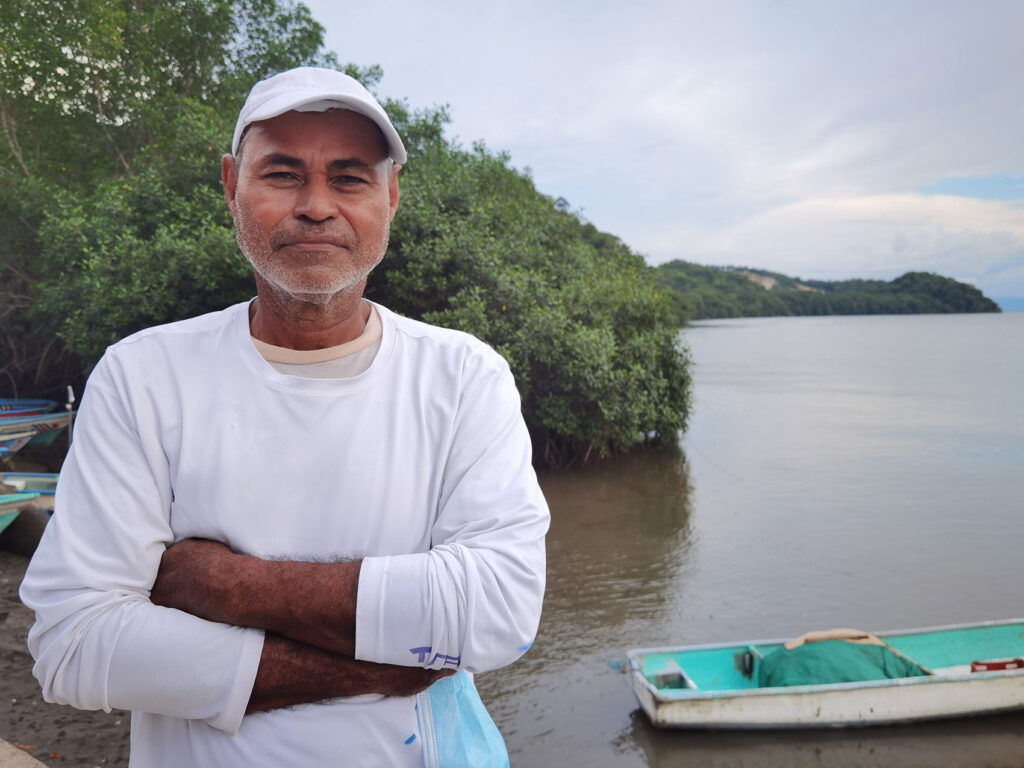
Artisanal fisher in Gulf of Nicoya, Costa Rica. © Fundación MarViva
Solution
Building on a successful pilot in Panama led by MarViva with financial support of the Inter-American Development Bank2 this project’s approach to build financial resilience will focus on developing capacities for the provision and adoption of financial tools, including complementing efforts such as raising awareness on financial services, promoting the creation of microinsurance tools, implementing community-based savings mechanisms, and facilitating knowledge dissemination, in the framework of responsible fishing dynamics.
Scaling and Next Steps
Artisanal fishers in particular are impacted directly by changes in both the weather and the physical and chemical properties of the ocean. This can result in increased operational costs to find alternative fishing grounds, loss of fishing days, damaged assets, and/or personal and family insecurity and instability associated to climate hazards, life, and livelihood vulnerability.
With significant ecological and social value, the success of the pilot phase offers the scope to replicate and scale to vulnerable coastal populations across the tropical Latin American region.
“Thanks to having my engine insured, I was able to recover from a sinking of my boat due to bad weather. I lost the motor but with the insurance reimbursement I was able to buy a new one and continue with my productive activity.
– Lorenzo Batista, Fishers Association of Palo Seco, Panama
[1] R.Pomeroy et al., 2020
[2] MarViva-IDBLAB-MEF-ProAdapt 2016-2019


